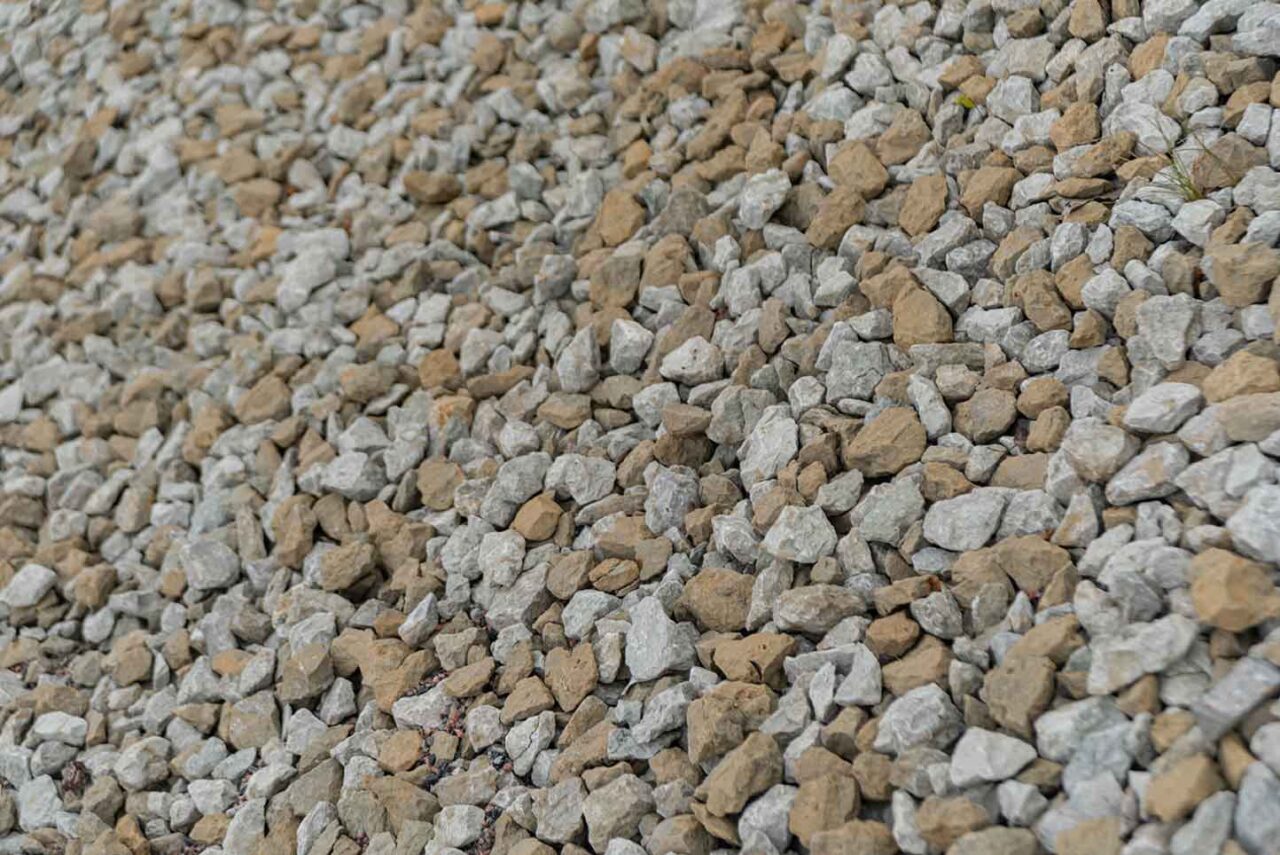In our increasingly fast-paced world, the significance of a well-designed and efficient driveway is frequently underestimated. Yet, your driveway is more than a mere practical requirement; it’s a pivotal aesthetic component of your home. As the very first feature that greets guests and visitors as they approach your property, the choice of the right driveway material becomes paramount. Amidst a multitude of options, finding the perfect driveway material can indeed be a formidable challenge.
Contents:
- Introduction
- Assess Your Budget
- Prioritize Durability
- Consider Climate and Weather Conditions
- Maintenance Requirements
- Aesthetic Appeal
- Permeability Matters
- Local Regulations and Restrictions
- Installation and Maintenance Costs
- Seeking Professional Advice
- Conclusion
Introduction
The driveway is frequently underestimated, yet it stands as a fundamental component of your property that demands attention. Beyond being a mere parking space for your vehicle, it plays a pivotal role in your home’s overall attractiveness and functionality. Selecting the appropriate driveway material is a substantial decision, replete with various considerations. Ranging from financial constraints to climate considerations and your aesthetic inclinations, this guide will assist you in making a well-informed decision, ensuring the ideal driveway for your home.
Assess Your Budget
The first step in choosing the ideal driveway material is to assess your budget. Driveway materials can vary significantly in cost, so understanding your financial limitations is crucial.
Concrete and asphalt, for instance, typically present more economical options, whereas natural stone and brick may lean towards the pricier end of the spectrum. Having a clear understanding of your budget will streamline your options and prevent excessive expenditures.
Priorities Durability
Durability is a key factor when selecting a driveway material. Your driveway must withstand daily use, weather conditions, and the weight of vehicles without deteriorating quickly. Concrete and asphalt are known for their durability and can handle heavy traffic and extreme weather. Natural stone, brick, and pavers also offer great longevity but may require more maintenance and occasional sealing to maintain their pristine condition.
Consider Climate and Weather Conditions
Your local climate holds substantial influence over your decision regarding driveway materials. In regions with pronounced temperature variations, such as harsh winters and scorching summers, materials like concrete or asphalt often emerge as top choices due to their resilience. On the other hand, in more temperate climates, you have the flexibility to explore decorative alternatives like brick or natural stone.
Maintenance Requirements
Different paving materials come with varying maintenance needs. For example, asphalt may need periodic resealing, while concrete might develop cracks over time. Stone and brick driveways may require more frequent weeding and cleaning to maintain their appearance. Regarding the amount of time and energy you’re willing to devote to maintenance, and choose a material that aligns with your maintenance preferences.
Aesthetic Appeal
The visual aspect of your driveway is essential as it contributes to your home’s overall aesthetic. The material you choose should complement your house’s style and landscaping. Concrete and asphalt are more functional and uniform, while brick, stone, and pavers offer a more charming, rustic look. Consider what appeals to your taste and the architecture of your home.
Permeability Matters
Drainage is a crucial factor for driveway longevity. Some materials, like gravel or permeable pavers, allow water to seep through, reducing the risk of puddles and erosion.
Opting for permeable solutions can offer environmental benefits by curbing runoff and facilitating the natural replenishment of groundwater. It’s crucial to take this factor into account, particularly if you reside in an area susceptible to heavy rainfall.
Local Regulations and Restrictions
Before making your final decision, check with your local zoning and homeowner association regulations. Some areas may have restrictions on the type of materials you can use for your driveway. Ensure that your choice complies with local rules and guidelines to steer clear of any possible legal problems or fines down the road.
Installation and Maintenance Costs
It’s essential to consider not only the cost of the driveway material but also the installation and maintenance expenses. Certain materials, like brick and natural stone, require more labor-intensive installation, which can increase costs. Additionally, factor in long-term maintenance costs when making your decision to get a clear picture of the overall investment required.
Seeking Professional Advice
Consulting with a professional driveway installer or contractor can be invaluable in the decision-making process. They can offer insights into the best materials for your specific location and provide accurate cost estimates. Their knowledge helps you in making a wise decision that aligns with your budget, climate, and aesthetic preferences.
Conclusion
Choosing the ideal driveway paving material requires a thoughtful examination of budget, climate, durability, maintenance, aesthetics, and local regulations. Invest the time to thoroughly research and assess the array of available options, ensuring that your driveway not only serves its functional role but also enhances the beauty and value of your home. With an informed decision, you’ll possess a driveway that endures over time and leaves a lasting impression on all who approach your residence. Remember, your driveway transcends its practical function; it serves as a welcoming statement, reflecting your unique style and the essence of your property. Ready to take the next step? Reach out to us via our Contact Us and let’s start this journey together.
Enhancing your living space has never been easier with FloorPup! Explore our wide selection of hardwood flooring, get expert floor care and maintenance tips, and find inspiration in our gallery. Our professional floor fitters, skilled driveway pavers, and reliable carpet repair services ensure top-quality results. Learn more about our commitment to quality on our about us page. Visit FloorPup and transform your home today!
FAQS
Which paving material is most suitable for a driveway?
When selecting the right paving for your driveway, it’s crucial to consider durability, budget, and aesthetics. Concrete and asphalt are practical and budget-friendly choices, offering longevity. If you desire a more unique appearance, materials like natural stone, brick, or pavers can bring elegance but may require more maintenance. Be sure to factor in your climate, local regulations, and maintenance needs when making your decision.
Which material is the optimal choice for a driveway surface?
The best material for a driveway surface depends on your specific needs. Concrete and asphalt are budget-friendly and durable choices, suitable for most applications. For a more distinctive appearance, natural stone, brick, or pavers can add an elegant touch, albeit with a bit more maintenance. Remember to consider factors like your local climate and regulations when making your decision.
What is the best material for a new driveway?
Choosing the best material for a new driveway depends on your specific needs. Concrete and asphalt are cost-effective and durable options suitable for most applications. If you seek a more distinctive aesthetic, materials like natural stone, brick, or pavers can provide an elegant touch, albeit with some extra maintenance. Remember to consider factors like your local climate and regulations when making your decision.
What is the best thickness for driveway pavers?
The best thickness for driveway pavers depends on factors like the type of pavers, expected vehicular traffic, and local climate. Typically, for residential driveways, two 3/8-inch (60mm) thick pavers are commonly used. However, in areas with heavier traffic or harsh weather, thicker pavers provide better durability. It’s wise to seek professional advice to determine the right thickness for your specific situation.


